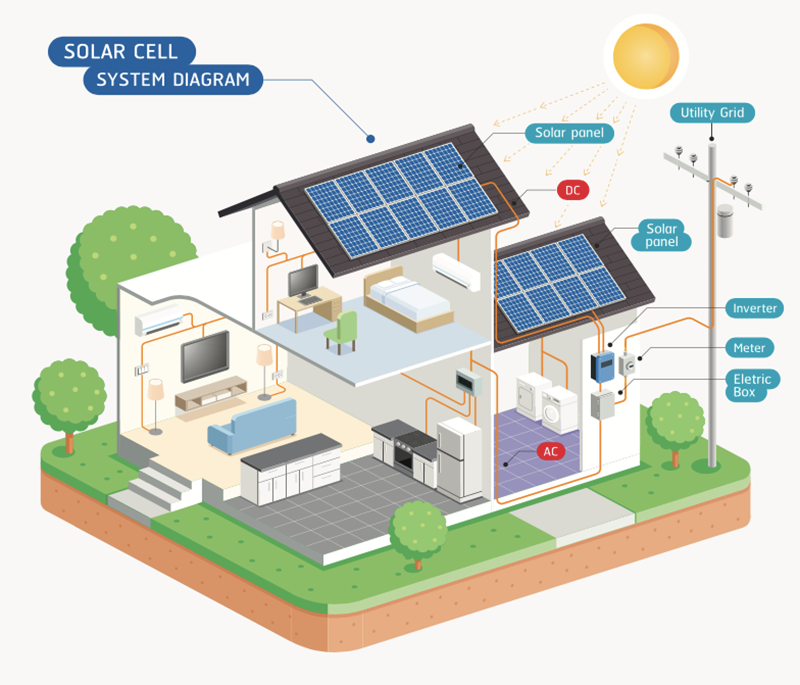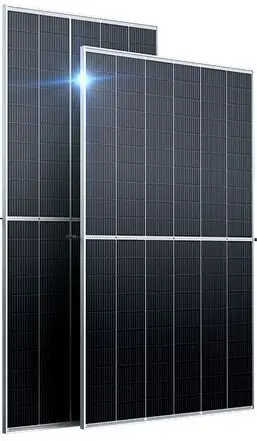The transition to solar power is no longer just a trend; it's a necessity. As the world shifts towards renewable energy, solar photovoltaic (PV) systems have become a cornerstone of sustainable living. However, selecting the right components for your solar PV installation is crucial, and none is more important than the inverter. The inverter is the heart of your solar system, converting DC power from your solar panels into usable AC power. But with so many options on the market, how do you choose the best inverter for your needs? In this article, we'll delve into the 7 critical factors you must consider to ensure your solar PV installation is efficient, reliable, and future-proof.
1. Understanding Inverter Types: String vs. Micro vs. Hybrid
Before diving into the specifics, it's essential to understand the different types of inverters available:
- String Inverters: The most common type, string inverters are ideal for residential installations with uniform roof orientations. They are cost-effective but may suffer efficiency losses in partial shading conditions.
- Micro Inverters: Installed on each solar panel, micro inverters maximize energy production even under shading. They are more expensive but offer better performance in complex installations.
- Hybrid Inverters: These inverters combine the functions of a solar inverter and a battery inverter, making them perfect for off-grid or backup power systems.
Key Point: Choose the inverter type that aligns with your specific installation needs and budget.
2. Efficiency and Performance: The Lifeline of Your System
Efficiency is a critical factor in inverter selection. A high-efficiency inverter converts more of the DC power from your solar panels into usable AC power, reducing energy losses. According to the National Renewable Energy Laboratory (NREL), inverters with an efficiency of 97% or higher are considered top-tier.
Key Point: Look for inverters with high efficiency ratings to maximize your solar energy harvest.
3. Warranty and Reliability: Peace of Mind
A solar PV system is a long-term investment, and your inverter should be built to last. Look for inverters with robust warranties, typically ranging from 10 to 25 years. Reliability is also crucial; choose inverters from reputable brands with a proven track record.
Key Point: Invest in inverters with extended warranties and a strong reputation for reliability.
4. Compatibility with Your Solar Panels and Batteries
Your inverter must be compatible with your solar panels and, if applicable, your energy storage system. Ensure that the inverter's power rating matches your solar panel array's output and that it supports the battery type you plan to use.
Key Point: Verify compatibility to avoid potential issues and maximize system performance.
5. Grid-Tie vs. Off-Grid: Your Power Needs
Consider whether your solar PV system will be grid-tied or off-grid. Grid-tie inverters are designed to synchronize with the utility grid, while off-grid inverters are standalone systems. Hybrid inverters offer the best of both worlds, allowing you to connect to the grid while also providing backup power.
Key Point: Choose an inverter that matches your power needs and system configuration.
6. Monitoring and Smart Features: Stay Connected
Modern inverters come with advanced monitoring and smart features that allow you to track your system's performance in real-time. Features like remote monitoring, energy management, and integration with smart home systems can provide valuable insights and enhance your solar experience.
Key Point: Opt for inverters with smart features to stay connected and optimize your system's performance.
7. Cost vs. Value: Making the Right Investment
While cost is a significant consideration, it's essential to focus on value. A higher upfront cost for a high-quality inverter may save you money in the long run by reducing maintenance and increasing energy production.
Key Point: Balance cost with value to make an informed investment in your solar PV system.
Conclusion:
Selecting the best inverter for your solar PV installation is a critical decision that impacts the efficiency, reliability, and longevity of your solar system. By considering the 7 critical factors outlined in this article—inverter type, efficiency, warranty, compatibility, grid-tie vs. off-grid, smart features, and cost vs. value—you can make an informed choice that ensures your energy future is secure. Remember, the right inverter is not just a component; it's the heart of your solar journey.


